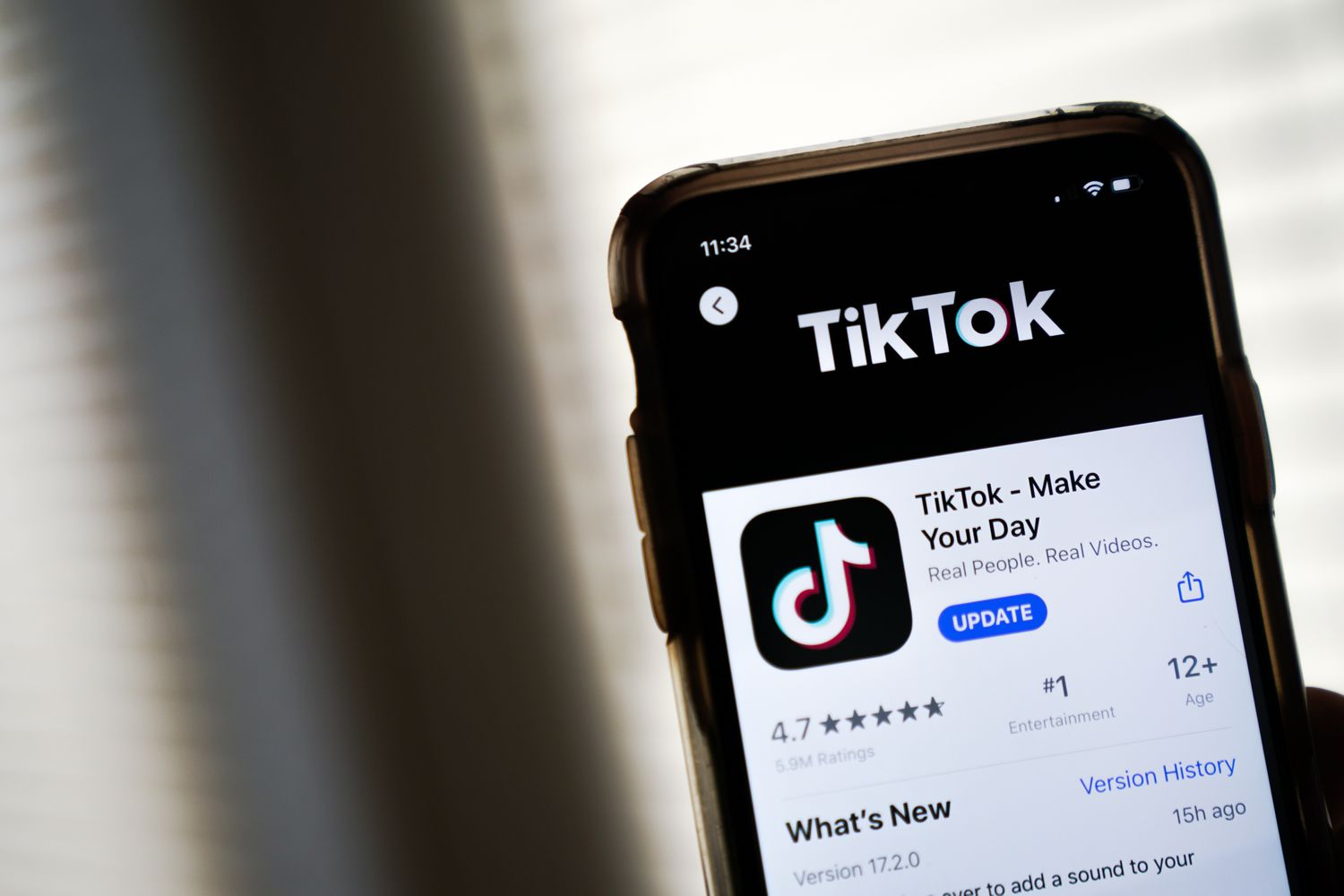
ByteDance’s Generative AI Play: Innovations vs. Pricing Wars
Will the App-Centric Strategy Prevail in the AI Era?
ByteDance held its own product release conference, unlike its American counterparts, the highlight of ByteDance’s conference was the exceptionally low prices of its artificial intelligence models.
The pricing of ByteDance’s Doubao large language models is significantly lower than the industry standard. For instance, the inference input price for the Doubao General Model Pro-32k version is 0.0008 RMB per thousand tokens, whereas similar models on the market are priced around 0.12 RMB per thousand tokens—150 times higher than Doubao.
 Low-cost AI models
Low-cost AI models
In the AI era, Chinese tech companies like ByteDance are using a familiar weapon – lower prices – to compete. But will it work this time?
A Different Strategy, Or A Choice of No-Choice?
Large Language Models (LLMs) are still in the early stages of development, and according to some industry experts, the crucial objective is to establish technological superiority and maintain a sustainable lead over competitors.
Competing on price also risks losing ground to competitors willing to incur short-term losses to gain users. For instance, Baidu dramatically improved the performance of its Ernie model by 105 times and reduced inference costs to just 1% of the original in April.
“This year marks a significant advancement in LLM applications, but the cost of innovation is prohibitive. Only by reducing the cost of trial and error can broader adoption of generative AI be achieved.” - Tan Dai, President of ByteDance’s Volcano Engine
For ByteDance, the high costs of AI models pose a barrier to its progress in China.
ByteDance’s Ascent: Driven by Innovation and AI
More than a decade ago, ByteDance seized upon the transition in internet content distribution from search engines to machine learning-driven recommendations. Leveraging its pioneering recommendation algorithms, the company introduced two flagship products: Toutiao and Douyin (and later its international version, TikTok).
 TikTok’s exponential growth
TikTok’s exponential growth
Toutiao, launched in 2012, revolutionized the dissemination of internet text and image content through its innovative recommendation algorithm. By outperforming traditional portal news clients reliant on centralized, manually curated content, Toutiao firmly established ByteDance as a dominant force in the Chinese internet landscape.
In 2016, Douyin emerged, bringing recommendation algorithms to the realm of short-form videos. Riding the wave of burgeoning video content, Douyin swiftly ascended to become a major traffic hub on the internet. This exponential growth propelled ByteDance’s traffic, user base, and commercial worth to unprecedented heights, solidifying its position as one of China’s most valuable tech enterprises.
However, the advent of generative AI innovations has shifted ByteDance from being an innovator to becoming a target for disruptive innovations.
ByteDance’s Pursuit of GenAI: Will the App-Centric Approach Pay Off?
While many leading Large Language Model (LLM) startups emerged between 2018 and 2021, ByteDance entered the generative AI arena relatively late, beginning to consider GPT during its 2023 first half technology review.
In its quest for generative AI innovations, ByteDance is adopting a diversified strategy reminiscent of its app-centric era. Positioned as an “app factory,” ByteDance is casting a wide net by incubating a diverse array of GenAI applications.
ByteDance now boasts a robust product portfolio. At its recent conference, ByteDance introduced its new Doubao LLM family, comprising two general models and several specialized models for use cases like role-playing, speech recognition, and text-to-image generation.
 Doubao’s daily active users reached approximately 3 million in March
Doubao’s daily active users reached approximately 3 million in March
The company has also rolled out over ten products, including the AI dialogue assistant Doubao, the AI robot development platform Kouzi, and the anime AI chat robot Hualu. ByteDance has enhanced its video editing app Jianying and office app Feishu with GenAI features.
Recent metrics indicate promising user engagement: Doubao’s daily active users (DAU) reached approximately 3 million in March this year, while Kouzi achieved a million DAU. Gauth, competing in overseas markets, saw its DAU peak at over two million after incorporating AI features.
Moreover, ByteDance’s Vice President of Product and Strategy, Zhu Jun, disclosed that over 8 million intelligent agents have been created on Doubao, with 26 million monthly active users.
ByteDance’s AI Strategy: The Verdict Is Still Out
Despite ByteDance’s impressive track record with products like TikTok, its foray into generative AI (GenAI) hasn’t seen the same level of success. While TikTok amassed over 2 billion global downloads in two years, ByteDance’s AI offerings have yet to demonstrate viral growth potential. Even compared to emerging startups like Moonshot AI’s Kimi chatbot, ByteDance’s GenAI products lag behind.














